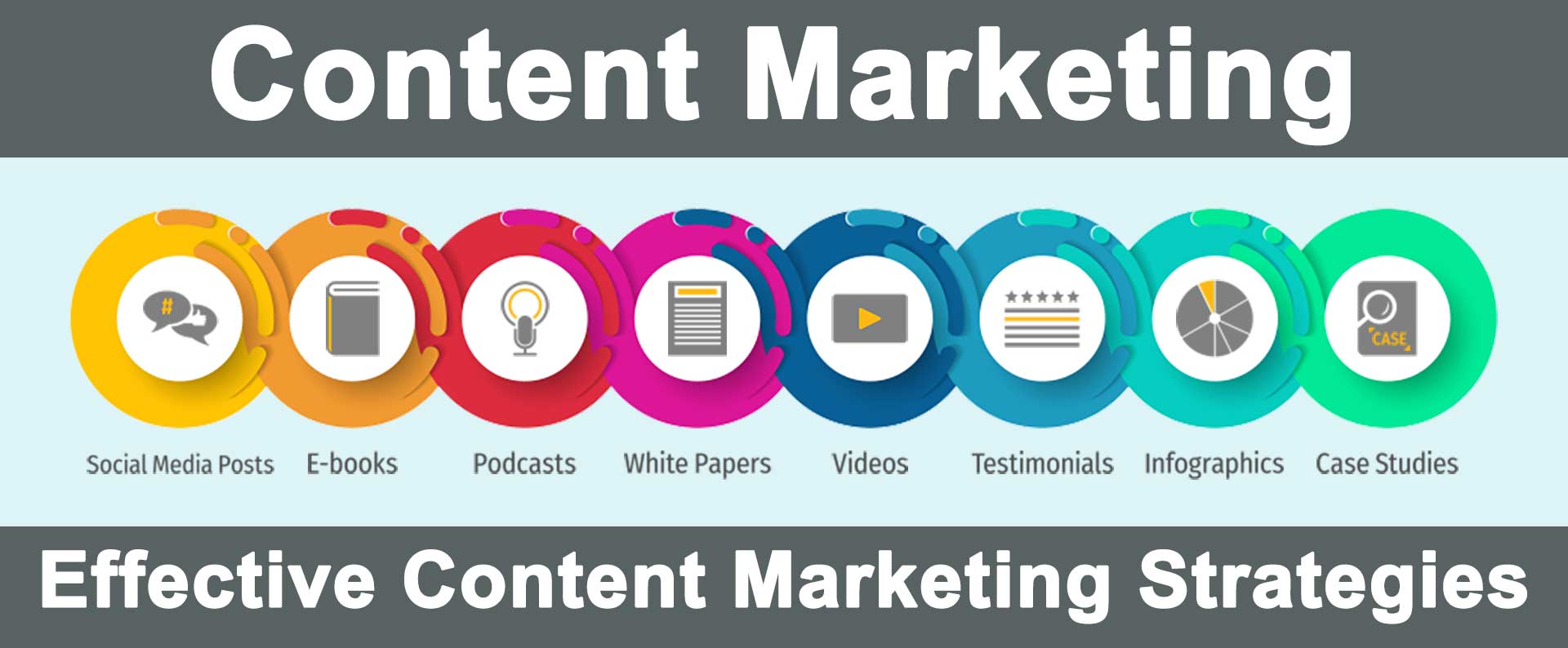Content marketing has emerged as a cornerstone for small and medium businesses (SMBs) seeking to create a robust online presence.
With the abundance of information available to consumers today, having an effective content marketing plan will not only help the business stand out, but also play a vital role in driving traffic, generating leads, and building brand loyalty.
Here we'll explore the significance of content marketing for SMBs and outline some actionable strategies to help you harness its power:
The Role of Content Marketing
- Driving Traffic
Content marketing is a powerful tool for increasing website traffic. By creating valuable, informative, and engaging content, SMEs can attract potential customers who are actively searching for solutions to their problems.
High-quality content optimized for search engines can improve your website's visibility, leading to higher rankings in search results and increased organic traffic.
- Generating Leads
Effective content marketing can significantly enhance lead generation efforts. By providing valuable resources—such as eBooks, whitepapers, and webinars—you can encourage visitors to exchange their contact information for access to these materials.
This creates a database of leads that you can nurture through targeted email marketing campaigns, ultimately guiding them through the sales funnel.
- Building Brand Loyalty
Content marketing fosters a deeper connection between businesses and their audiences. By consistently delivering valuable content that addresses the needs and interests of your target market, you can establish your brand as a trusted authority in your industry.
This, in turn, builds brand loyalty as customers are more likely to return to a brand they perceive as knowledgeable and reliable.
Building Proper Content Marketing Strategies
To leverage the full potential of content marketing, SMBs should consider the following strategies:
- Define Target Audience
Understanding your audience is crucial for creating relevant content that resonates with them. Develop detailed buyer personas that encompass demographics, interests, pain points, and online behavior.
This information will guide your content creation efforts and ensure that you address the needs of your target audience effectively.
- Create a Content Calendar
A content calendar helps you plan and organize your content marketing efforts. Outline topics, formats, publishing dates, and distribution channels in advance.
This will not only ensure consistency in your content output but will also help you align your content with seasonal trends, product launches, or marketing campaigns.
- Create Valuable & Relevant Content
Focus on creating content that provides value to your audience. This could include educational blog posts, how-to guides, case studies, infographics, videos, or podcasts.
Ensure your content is well-written, visually appealing, and optimized for search engines to maximize its reach and impact.
- Utilize Multiple Content Formats
Different audiences consume content in various ways, so it’s essential to diversify your content formats. Consider creating:
- Blog Posts: Informative articles that establish your expertise and drive traffic.
- Videos: Engaging visual content that can explain complex topics simply and effectively.
- Infographics: Shareable graphics that present information in an easily digestible format.
- Podcasts: Audio content that allows you to reach audiences on the go.
- Social Media Posts: Short, engaging content that promotes interaction and shares your message.
- Optimize for SEO
Search engine optimization (SEO) is critical for driving organic traffic to your content. Conduct keyword research to identify relevant search terms and incorporate them naturally into your content.
Additionally, optimize your titles, meta descriptions, and headers to improve your chances of ranking higher in search results.
- Promote Your Content
Creating great content is just the beginning; promoting it is equally important. Utilize various channels to distribute your content, such as:
- Social Media: Share your content across platforms like Facebook, LinkedIn, Twitter, and Instagram to reach a broader audience.
- Email Marketing: Use your email list to share valuable content directly with your subscribers, encouraging engagement and driving traffic back to your website.
- Influencer Partnerships: Collaborate with industry influencers to increase your content’s reach and credibility.
- Engage with Your Audience
Engaging with your audience by responding to comments and encouraging them to share your content with their networks for optimal promotional opportunities. Encourage interaction and engagement with your content by inviting comments, feedback, and shares from your audience.
Respond to comments, answer questions, and create a dialogue with your customers to build a sense of community and trust. Incorporate user-generated content, testimonials, and reviews to showcase customer experiences and strengthen brand loyalty.
- Measure & Analyze Performance
Tracking key performance indicators (KPIs) including website traffic, engagement rates, lead generation, conversion rates, and social media metrics are an effective method of assessing your content marketing efforts.
Use analytics tools to gain insights into audience behavior, content performance, and campaign success, and use this data to refine your content strategy.
Summing It Up
Effective content marketing is a powerful strategy for SMBs to drive traffic, generate leads, and build brand loyalty in a competitive digital landscape. By creating valuable, relevant content that resonates with your target audience, small and medium businesses can establish credibility, trust, and authority in their industry, leading to increased customer engagement and business growth.
Implement these content marketing strategies to elevate your brand, attract new customers, and retain existing ones. Remember that consistency, quality, and relevance are key to successful content marketing. By investing in content that adds value to your audience, SMBs can differentiate themselves, build lasting relationships, and achieve their marketing goals in a meaningful way.













